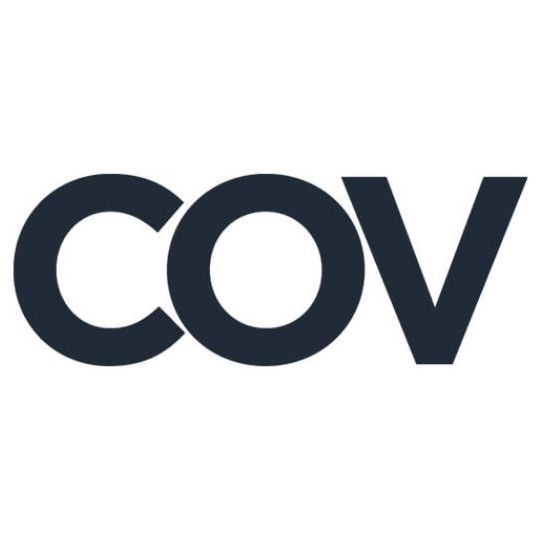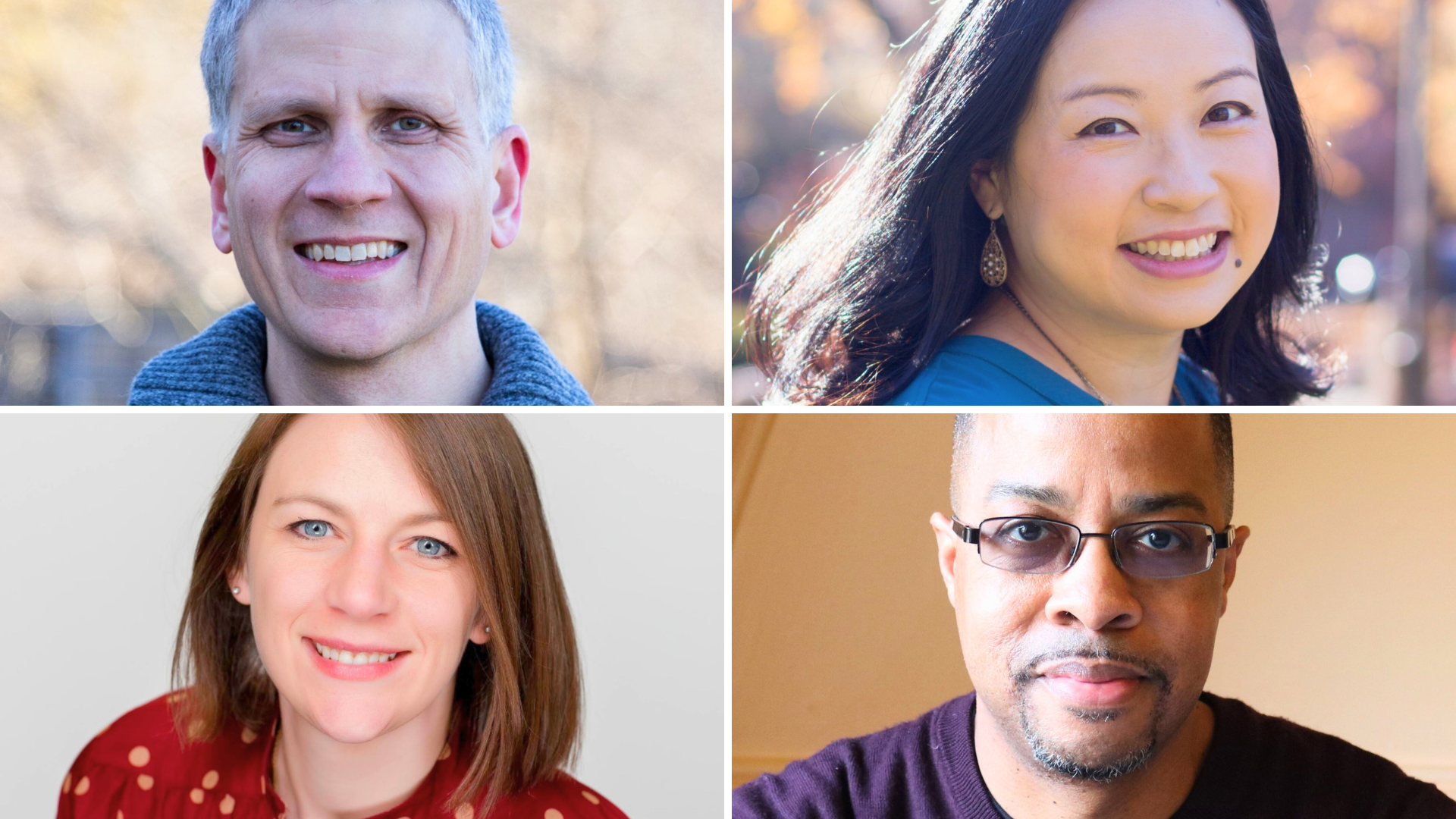By Stan Friedman
PUNE, INDIA (October 29, 2013) — The Hindustani Covenant Church (HCC) celebrated its fiftieth anniversary earlier this month by baptizing 100 new believers, ordaining 11 pastors, and inaugurating an English-language school in Solapur. Those activities were representative of the holistic work the HCC is known for and which have led to dramatic growth in the last 10 to 15 years.
The Women’s Council, which supplements the work of the larger denomination through ministries such as helping former prostitutes attain new lives, celebrated its twenty-fifth anniversary.
The celebration was held at the Union Biblical Seminary Campus and St. Andrew’s Hindustani Church in Pune October 18-20. The church is the same one that was nearly destroyed by fire in 2011.
More than 1,500 people attended the final worship service, so seating also had to be set up outside the building.
Representatives of Christian organizations and churches throughout the world attended. David Husby, director of Covenant World Relief, and Curt Peterson, executive minister of world mission, participated.
The HCC has more than 110 congregations and more than 25, 000 members. It works in the states of Maharashtra, Karnataka, Uttar Pradesh, Orissa, Goa, Andaman and Nicobar Island, Jammu and Kashmir, Andra Pradesh, Gujarat, Uttranchal, Haryana, and Bihar.
The HCC has become known throughout the region for its commitment to holistic ministry and has extensive outreaches that include helping victims of human trafficking, extending enterprise loans, and developing water wells. All of their work, says moderator Steven David, comes from a desire to share the gospel in word and deed.
“HCC aims that an overall development takes place in someone’s life, so that he or she gains the capacity to stand on their own, earn a living for themselves, and have the ability to raise a voice against violation of his or her own rights,” David said. “In this case HCC has to walk along with the person for a short while, and thereafter the person continues to improve their socioeconomic and political condition on their own.”
Husby lauded the HCC, which currently is the largest Covenant World relief partner. “What sets HCC apart from many churches is that they are deeply committed to serving the wider community and have a great deal of expertise and experience in holistic ministry,” he said. “They seek to develop strong relationships with village and government leaders in their collaborative efforts.”
Husby noted that nearly all of the growth has happened in the last 10 to 15 years. The church had fewer than 2,000 members in 2000. “It was during that time that HCC transitioned from carrying out ministries of charity to long-term community development programs.”
The church’s roots stretch back to a world mission conference at Tambaram, India, in December 1938. Axel Anderson, then president of the Mission Covenant Church of Sweden, and missionary Gustaf Ahlbert considered opening a mission field in the country.
In 1939, they started mission work among Turkish peoples and Muslims in India. The first missionaries arrived in Mumbai in 1940. The work was known as the Swedish Hindustani Mission. Most of the initial work was with Muslims.
The first person baptized was a refugee from Xinjiang, Noor Muhammed, a physician who was given the name Luke. He helped with the translation of the Old Testament into Uighur.
On October 19, 1963, 22 delegates from the three congregations in Pune, Mumbai, and Sholapur, as well as six missionaries met and officially founded the HCC. Since then, it has had two moderators (similar to president). B. Thoma served as its first moderator until he retired in 1986. David has served since then.
In addition to Husby and Peterson, participants at the celebration included representatives of the Salvation Army of Sweden, Uniting Church in Sweden, Foundation of Bread in Sweden, and the Covenant Church of Ecuador.













